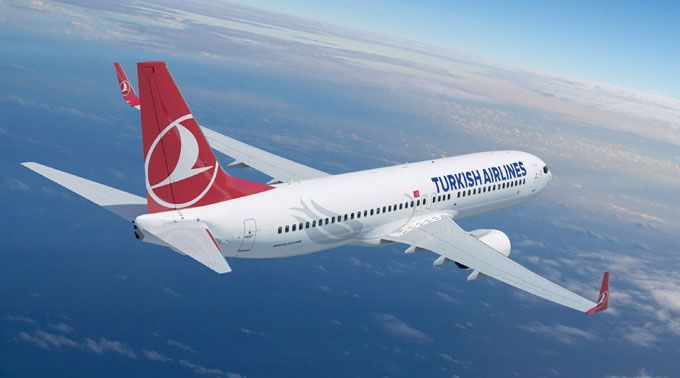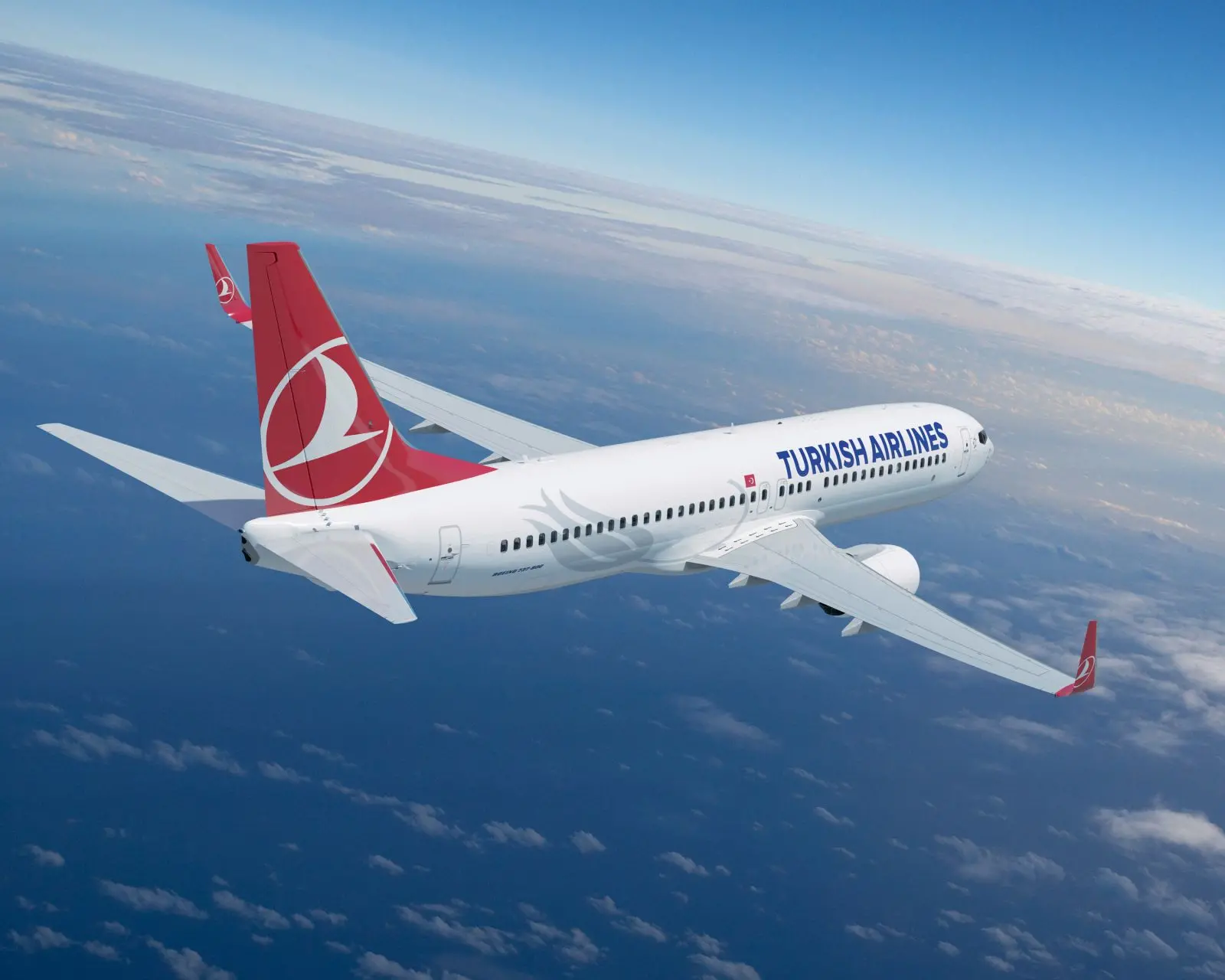Turkish Airlines, Turkiye’s national flag carrier, has reported a significant increase in passenger numbers and cargo volumes in 2023, highlighting its robust growth and resilience in the aviation sector.
According to the latest data released by Turkish Airlines (THY), the airline has experienced a substantial rise in its traffic and operations for the January to November 2023 period, compared to the same period in 2022. This growth is a testament to the airline’s successful strategies and its ability to adapt to the dynamic aviation market.
In the first eleven months of 2023, Turkish Airlines saw its number of international transfer passengers soar to 27.2 million, marking a 27.9% increase from the 21.2 million recorded during the same period in 2022. This impressive growth demonstrates the airline’s expanding global network and its increasing popularity among international travelers.
The total passenger load factor, a key indicator of airline efficiency, also witnessed a rise. It climbed 2.3 points to 82.8% in the January to November 2023 period, compared to the same timeframe in 2022. The international passenger load factor reached 82.6%, while the domestic load factor stood at an impressive 84.8%.
Turkish Airlines’ total Available Seat Kilometers (ASK) – a measure of airline capacity – increased by 16.1% to 215 billion in 2023, up from 185.2 billion in 2022. This expansion in capacity is in line with the airline’s growth strategy and its commitment to enhancing connectivity and accessibility for its passengers.
However, the airline faced a slight decrease in its cargo and mail volume, which decreased by 2.8% from 1.54 million tons in 2022 to 1.50 million tons in 2023. Despite this, Turkish Airlines continued to play a crucial role in global cargo transportation, adapting to the changing market demands. With the start of operations in 2024, Widect, Turkish Airlines’ new venture into E-Commerce Logistics, will maximizing its potential in the global market.
In November 2023 alone, Turkish Airlines transported 6 million passengers, a 4.1% increase compared to the same month in the previous year. This growth was achieved despite the ongoing challenges in the aviation industry, showcasing the airline’s operational excellence and customer appeal.
The airline’s capacity, measured in Available Seat Kilometers, also saw an increase of 12.1% in November 2023 compared to November 2022, reaching 18.2 billion. This indicates Turkish Airlines’ continuous efforts to expand its reach and offer more options to its passengers.
Furthermore, the airline’s cargo and mail volume in November 2023 reached 153.5 thousand tons, showing an 11% increase from 138.3 thousand tons in November 2022. This growth in cargo transportation underscores Turkish Airlines’ significant role in global logistics and trade.
As of November 2023, Turkish Airlines’ fleet size stood at 437 aircraft, reflecting its commitment to offering a modern and comfortable flying experience to its passengers. The airline continues to invest in its fleet, ensuring it remains one of the youngest and most advanced in the world.
Turkish Airlines’ impressive performance in 2023 highlights its resilience and adaptability in a rapidly changing global aviation landscape. With its increased passenger numbers, expanded capacity, and robust cargo operations, Turkish Airlines is well-positioned to continue its trajectory of growth and success in the coming years.
Established in 1933 with a fleet of five aircraft, Star Alliance member Turkish Airlines has a fleet of 436 (passenger and cargo) aircraft flying to 345 worldwide destinations 292 international and 53 domestic in 129 countries.











